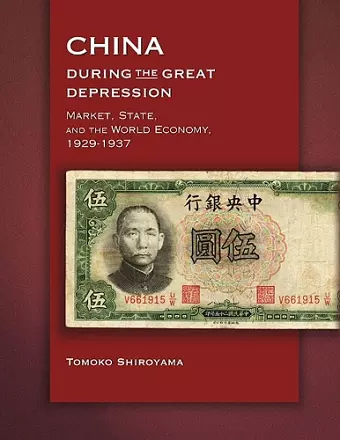China during the Great Depression
Market, State, and the World Economy, 1929–1937
Format:Paperback
Publisher:Harvard University, Asia Center
Published:29th Nov '09
Currently unavailable, and unfortunately no date known when it will be back

The Great Depression was a global phenomenon: every economy linked to international financial and commodity markets suffered. The aim of this book is not merely to show that China could not escape the consequences of drastic declines in financial flows and trade but also to offer a new perspective for understanding modern Chinese history. The Great Depression was a watershed in modern China. China was the only country on the silver standard in an international monetary system dominated by the gold standard.
Fluctuations in international silver prices undermined China’s monetary system and destabilized its economy. In response to severe deflation, the state shifted its position toward the market from laissez faire to committed intervention. Establishing a new monetary system, with a different foreign-exchange standard, required deliberate government management; ultimately the process of economic recovery and monetary change politicized the entire Chinese economy. By analyzing the impact of the slump and the process of recovery, this book examines the transformation of state-market relations in light of the linkages between the Chinese and the world economy.
This is the first readily accessible, comprehensive account of the impact of the 20th century's most serious economic crisis on Republican China, whose experience of the global downturn took a very singular path. -- R. P. Gardella * Choice *
- Nominated for Joseph Levenson Book Prize 2010
ISBN: 9780674036178
Dimensions: 235mm x 156mm x 23mm
Weight: 544g
350 pages